


About
PURPOSE
Innovations in the infectious diseases segment have historically suffered from de-prioritization in terms of investments. The Quest has been an attempt of IHF to scout and support innovations for infectious diseases since 2017. This year IHF and KIIT-TBI are jointly launching QUEST 2022 with the intent of finding novel solutions to some of the most pressing problems affecting the control, care, and cure of infectious diseases.
FOCUS AREAS
Screening and Diagnosis
Solutions that are point of care, portable, rapid, accurate, easily interfaced with health systems.
- Cost-effective innovations for easy sample collection, handling, and storage, that can minimize the risk of exposure to infectious pathogens.
- Diagnostic solutions meeting ASSURED criteria for disease detection in high-risk populations like paediatric, adolescent, immunocompromised patients, patients with co-morbidities, and the elderly population.
Care Pathways
Proven technologies that can improve the care continuum and ensure availability and accessibility of healthcare at primary levels.
- In-vivo drug delivery tools for infectious diseases to decrease the reliance on conventional methods of drug administration
- Tools for improving treatment adherence and outcomes for paediatric and adolescent patients
- Improving supply chain throughout various levels of care delivery.
Disease surveillance
Innovations to support disease surveillance to effectively strengthen the health systems for responsive, timely and appropriate actions for control of disease outbreaks.
- Environmental health surveillance, vector, plant, and animal disease surveillance innovations capable of integration into the existing surveillance systems that are human disease centric.
- Increasing case finding & notification in infectious diseases through technologies that increase the integration of health information.
Partners
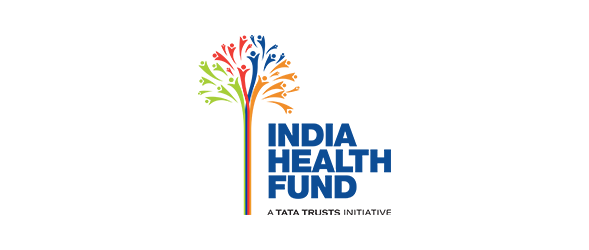
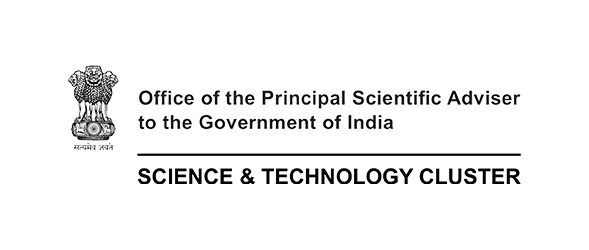
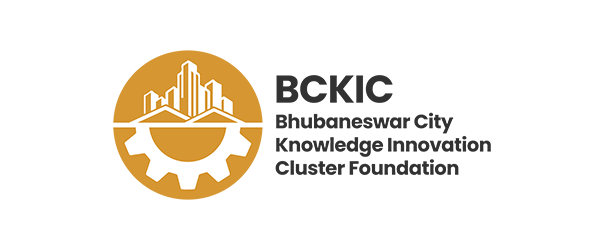
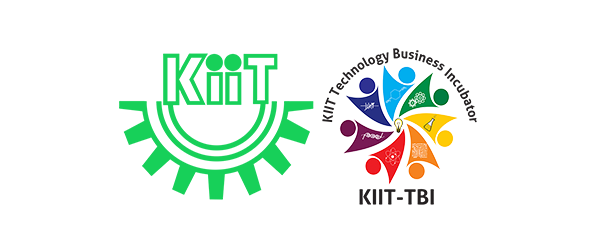

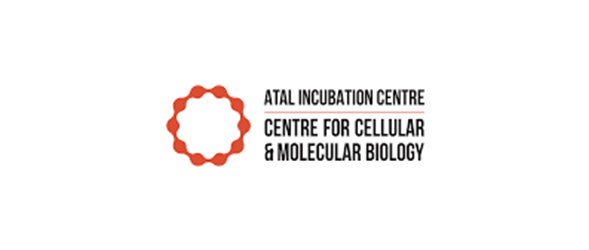


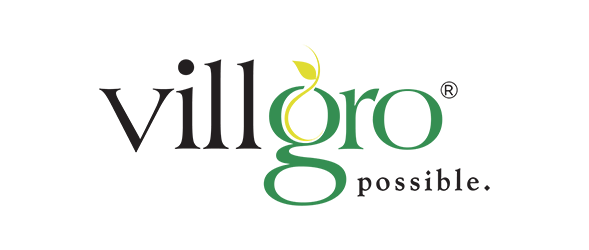
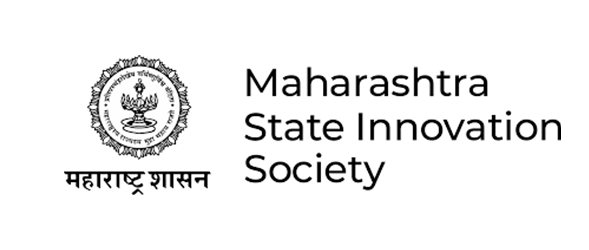
Impact
Applications Received
Tech Selected for Screening
Technologies Supported
Funding Support provided
Startups Supported
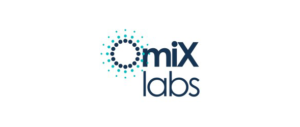
The OmiX eziAMP Platform: Transforming Nucleic Acid Testing of Antimicrobial Resistance (AMR) with innovations in Automation, Molecular Biology and Data Science
Supported Under: BIRAC LEAP fund administered by KIIT TBI
Funding Support: INR 50 lakhs for Market Entry & Technology Deployment
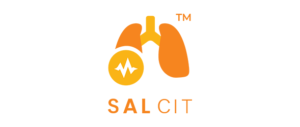
Swaasa: Artificial intelligence platform as a screening tool and diagnostic aid in the assessment of respiratory diseases
Supported by: IHF & ACT Grants
Funding Support: INR 41 lakhs for Technology Validation & Market Entry
Program Offerings
Funding support
Milestone-based funding support.
Product Validation
Support with building linkages for evidence generation with relevant public, private, academic and research institutions
Mentoring
Need-based mentoring by a panel of experts.
Market access
Access to resources for adoption in the health system and acceleration.
Evaluation Criteria
Novelty
Uniqueness of the solution
Scalability
Competitiveness on quality, cost, timeliness, and service levels to ensure adoption
Sustainability
An underlying business model/value proposition for sustainable impact
Multi-disease Potential
Ability of innovation to be adapted to multiple disease areas
Impact
Demonstrated/ potential ability to impact health outcomes up to primary care level
Eligibility
- Applications must be submitted by entities registered and incorporated in India.
- The proposal should be relevant and aligned to at least one of the focus areas.
- The innovation should have completed the proof-of-concept stage and pre-clinical validation stage.
- Applicant must submit validation data for justifying support for the next stage.
- Transparency in furnishing relevant data in support of the proposed innovation should be agreeable to the applicant.
- The innovation should be TRL- 5 and above (See FAQ for an explanation of TRL)
- Promising proposals at TRL 5, 6 & 7 will be supported for product development, clinical validation, regulatory approvals, and multicentric trials.
- Promising innovations at TRL 8 & 9 will be supported for evidence demonstration, community validation and acceleration.
Timeline
Applications
for applicants
Submission Deadline
Evaluation Panel
the Proposal
Expert Panel
Approval Process
& Intimation
Frequently Asked
No, you cannot edit your application after you have submitted.
Yes, you can submit multiple applications within the above focus areas and evaluation criteria as mentioned. Please note that each application is associated with one email address. Therefore, please use different email addresses if you are making more than one application.
The maximum file size of an upload in the online application is 10Mb.
We do not have any limit on the number of awardees for the problem statements outlined above. The
final decision on proposals will be purely assessed on merit.
TRL 9 – Technology has been applied in its final form and is operational.
TRL 8 – Technology is proven and developed but not yet operational or applied anywhere.
TRL 7 – Actual system prototype is near completion or ready and has been demonstrated in an operational
environment or is at the pilot level.
TRL 6 – The prototype is being tested in a simulated operational environment or a high-fidelity laboratory
environment.
TRL 5 – Technology has been put together and can be tested in a simulated environment.
TRL 4 – Basic technological components have been integrated to establish that they work together.
TRL 3 – Proof of Concept stage / Active R&D/ Advanced prototype has been initiated. This includes
analytical studies and laboratory studies to physically validate the analytical predictions of separate
elements of the technology.
TRL 2 – Technology concept/application formulated
TRL 1 – There are paper studies to support the technology’s basic properties.
IHF and KIIT TBI do not suggest any funding (grant and/or equity) size for the proposal submitted in the Quest. The financial ask should be realistic and in alignment with the proposed work. The decision to approve the funding request, periodicity, and the conditions of the disbursements lies with IHF and KIIT TBI.
IHF and KIIT TBI are strong believers in collaborative funding models to bring about a bigger impact and multiplier effect in the infectious disease ecosystem. The proportion of co-funding and support sought from IHF and KIIT TBI will be assessed and may vary on a case-to-case basis. As an important part of the evaluation process, we request all applicants to keep IHF and KIIT TBI updated on any co-funding and partnership efforts regarding the application. We value transparency in the funding process.
Yes, but you should declare and mention all types of funding received including grants, and equity dilution at the time of application. You should also justify why you are seeking multiple avenues of funding for the same project. Please note that gap funding for covering a shortfall of funds in an existing project will not be provided. Kindly do not apply with proposals of such a nature.
The Quest is meant for post proof-of-concept innovations (at or above TRL-5) that need to be scaled. Therefore, funding can be utilized for product/technology development, clinical testing and validation, commercial validation, and associated expenses for the same (e.g., labor and talent, consumables, equipment, project-related travel, etc.). The funding should be solely restricted to work within the focus areas mentioned.
Yes, consortiums can apply, however, it is important that the roles of the consortium participants are clearly pre-defined. At least one entity that proposes to receive the grant money, must be a registered/incorporated organization in India.
Yes, an international agency can be part of the consortium. However, they cannot be the recipient of funds, all fund disbursals will be done to entities registered in India only. These agencies can certainly be scientific contributors to the projects.
The due diligence includes a holistic evaluation of your organization and the application. It will cover aspects, including but not limited to, technical and operational feasibility and rationality, the progress of the clinical study, financial assessment, and refinement of the business model. It will also include reflecting on the long-term vision, goal, and intermediary outcomes envisaged in the proposal, project implementation plan, and competence of the applicant.
Due diligence may require multiple iterations between IHF/KIIT TBI and respective expert panels, external independent auditors who may be hired to assist in the process, and applicants. Awards will be announced purely on basis of merit and after satisfying the rigorous due diligence process. Mere satisfactory completion of due diligence does not entitle an applicant to funding and support.
No, applicant organizations will have to produce relevant supporting documents if they are shortlisted, without which the shortlist process cannot proceed. Therefore, the applicant should apply with the registration document.
The Quest is accepting applications only in English. However, if applicable, you can submit supporting documents in a vernacular language while giving us a translated copy in English of the same.
IHF and KIIT TBI work toward saving human lives as their highest priority and this will be the guiding philosophy for promoting solutions towards achieving the goal. Therefore, IHF encourages applicants to share knowledge, processes, and solutions that emerge from the project for the benefit of society and accelerate the same in times of crisis and KIIT TBI emphasizes that the project outcomes be published in open access peer-reviewed journals. It is urged that the successful applicant disseminates information about the development of the solutions to a wider audience and stakeholders.
Proposals on innovations in infectious diseases related to care pathways, digitally-enabled surveillance, vector control, and AMR (Anti-microbial resistance) may be submitted to IHF at contact@indiahealthfund.org and BCKIC Foundation at bckic_office@bckic.in
Please submit your queries via email to contact@indiahealthfund.org / bckic_office@bckic.in
In case of any queries, applicants can contact IHF at contact@indiahealthfund.org or BCKIC Foundation at bckic_office@bckic.in
